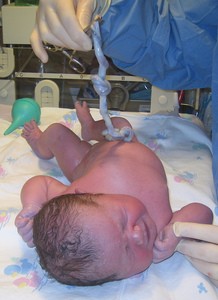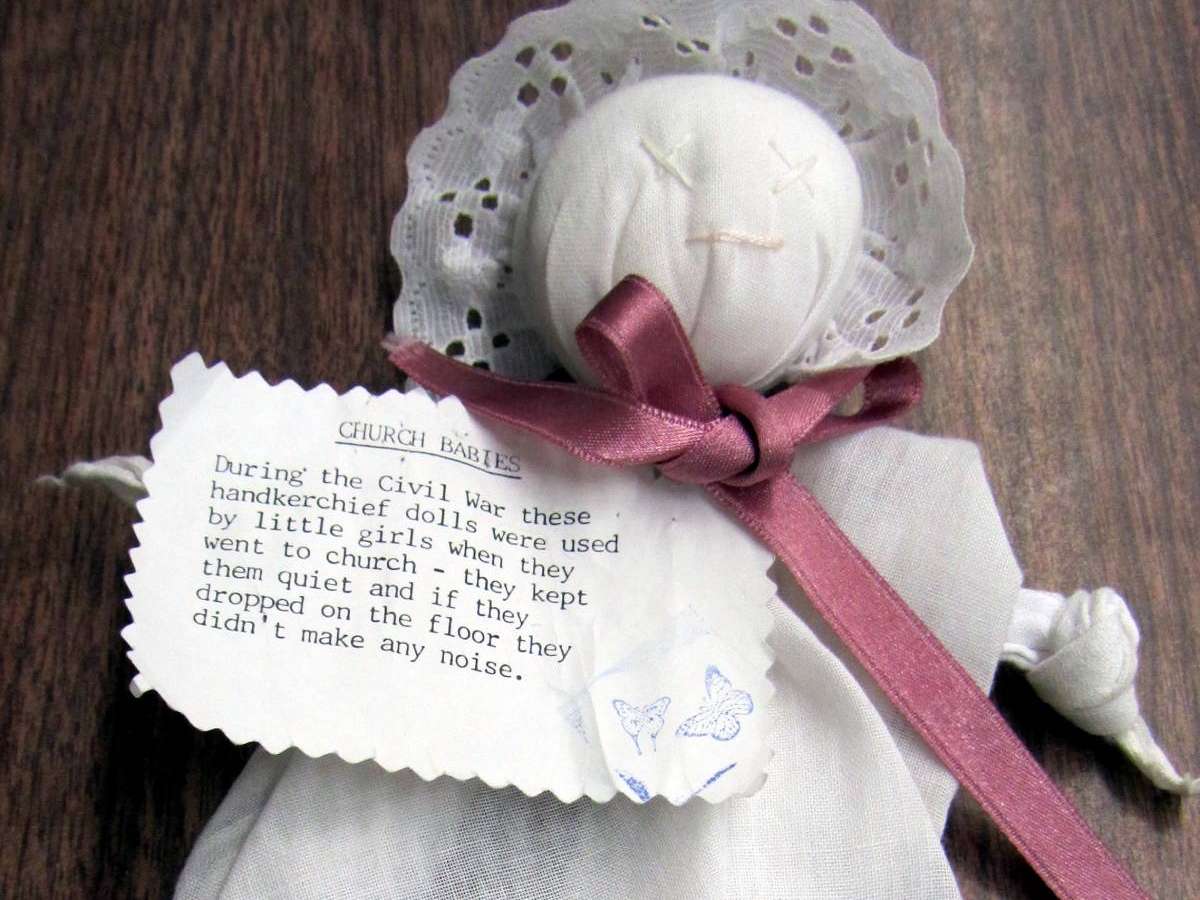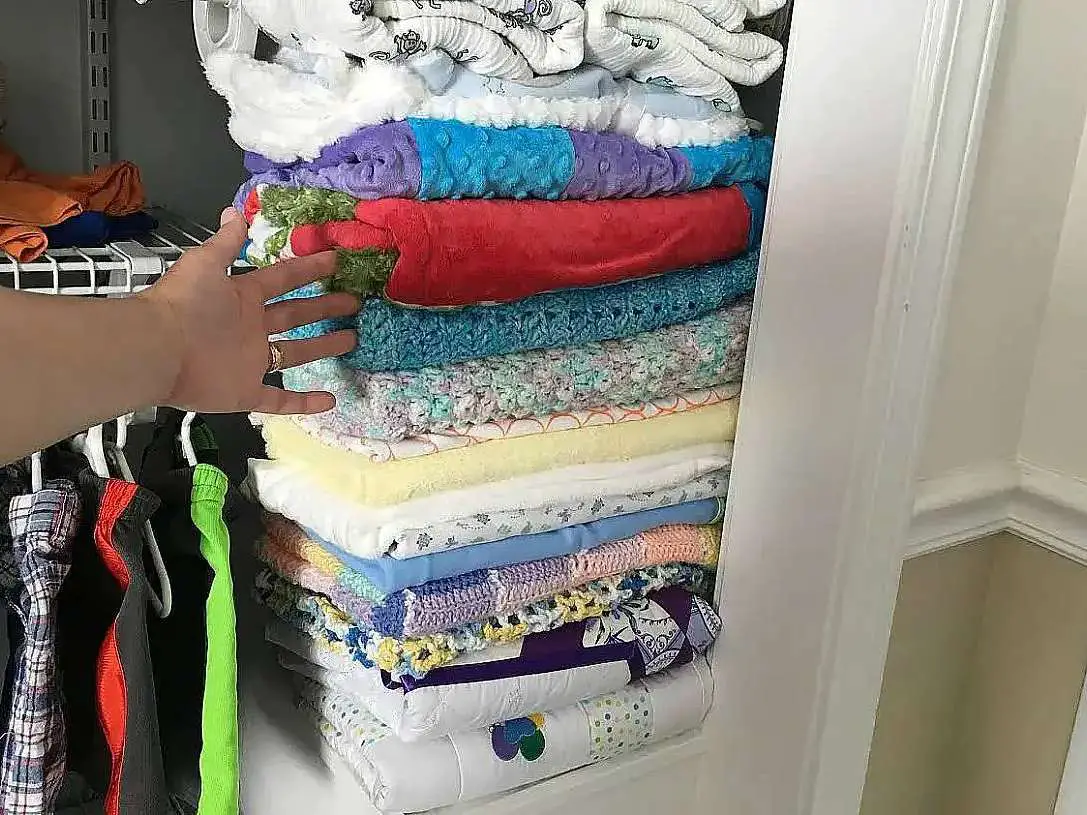 If you’re pregnant, then chances are you’ve thought about cord blood banking.
If you’re pregnant, then chances are you’ve thought about cord blood banking.
There are a number of pros, as well as cons, when it comes to banking your baby’s umbilical cord blood.
Here are a few of the reasons to consider cord blood banking:
- Your baby’s siblings or other family members could use the cord blood if they developed a disease where stem cells could help — such as with leukemia. So If there is a history of diseases like leukemia in your family, then you may want to consider cord blood banking.
- Your baby’s cord blood could help someone who is a minority. (This is especially true if you bank the cord blood at a public bank.) Minorities only have a 58% chance of finding a match, as opposed to an 88% chance for a non-minority.
- Taking cord blood is not as involved as doing a bone marrow transplant. This can definitely be an advantage for someone who needs treatment right away.
Some downsides to cord blood banking include:
- You may never use the cord blood. If you decide to go with private banking for your baby’s cord blood then it can be expensive.
- If your baby develops a disease like leukemia when he is a child, the cord blood will not do him any good because it will have the same genetic defect that caused the leukemia to begin with.
- Cord blood banking is a process that you have to plan for ahead of time. It is not something that hospitals do regularly or routinely.
- It is very expensive to put your baby’s cord blood in a private bank. The cost is high enough that many parents decide on public banks even though they may have less say over what happens to their baby’s cord blood.
What’s your take on it? Would you consider cord blood banking? Why or why not?



